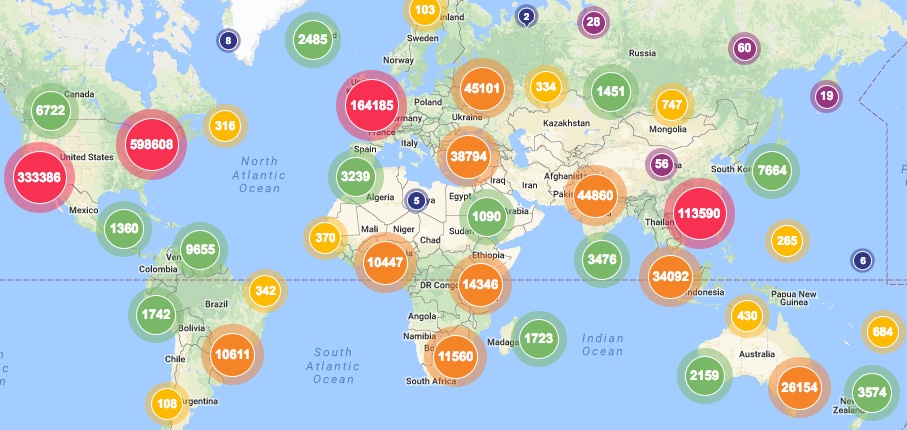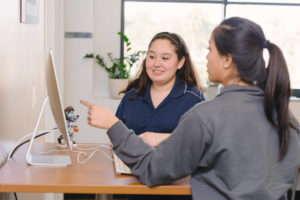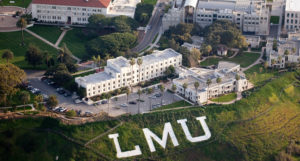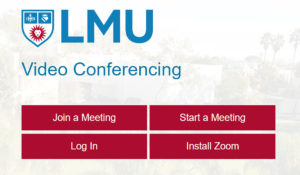ACADEMICS | There are, give or take the political definitions, around 196 recognized countries in the world. And LMU’s open-access scholarship repository, Digital Commons, has reached an even broader audience, totaling more than 3 million downloads in 224 nations, states, territories, and principalities since first launching in 2012.
“… Digital Commons creates visibility for all of our faculty and students’ research, promotes interdisciplinarity, and fosters collaboration on campus – simply because we can see what the entire campus is producing in one space!”
John Jackson, head of outreach and communications at the William H. Hannon Library, said that “as the LMU community continues to find ways to support President Snyder’s global imagination initiative, the Digital Commons provides a space to publish, record, and preserve the physical manifestations – publications, presentations, etc. – of those efforts.”
Open-access initiatives like Digital Commons are also reflective of “Provost Poon’s efforts to ‘learn from each other,’ ” said Jackson “… Digital Commons creates visibility for all of our faculty and students’ research, promotes interdisciplinarity, and fosters collaboration on campus – simply because we can see what the entire campus is producing in one space!”
Digital Commons requires no subscription and has no paywall. Free tools like LMU’s digital repository have helped to connect and teach billions of people around the world.
Michael Genovese, president of LMU’s Global Policy Institute, director of the Institute for Leadership Studies, professor of political science, and current Loyola Chair of Leadership Studies, currently has more than 100 essays, reports, recorded forums, and more that are accessible online, 24 hours a day.
To Genovese, initiatives like Digital Commons are a good thing. “More openness and access is the goal. Intellectual property issues are changing with new technologies, and we need to be more open about readership and use,” he said.
Regarding LMU’s website, Genovese said that “if utilized, it could be very helpful. I think faculty need to ‘see’ how it operates and what is in it for them, how they can use it and what it can do.” He said that the site sends email notifications to authors about what and where works are being accessed, though there is “no real feedback” yet available on how or even if people use the information.
Jessea Young, digital initiatives librarian, oversees Digital Commons. She said it is important to remember that the site “is also a publishing platform. Currently we host a number of open-access publications, including peer-reviewed journals, conference proceedings, and student journals, such as Cities and the Environment and the Journal of Clinical Art Therapy.” The entire list can be found here.
Like Genovese, Professor Amir Hussain in the Theological Studies Department has some reservations about the site, saying it is “meant more for students than for other academics.” But overall, Hussain thinks it’s a positive thing, because “anyone can access the site, so it is a great way to post your scholarship.”
“There are faculty that use sites like academia.edu, but that’s a private, for-profit site,” Hussain said, “so Digital Commons is great to have scholarship available.” Open-access initiatives “are great, but someone has to pay to digitize and maintain the content. LMU does that as part of its mission.”
Dylan Ramos, a second-year political science major, is a contributor for LMU This Week.




